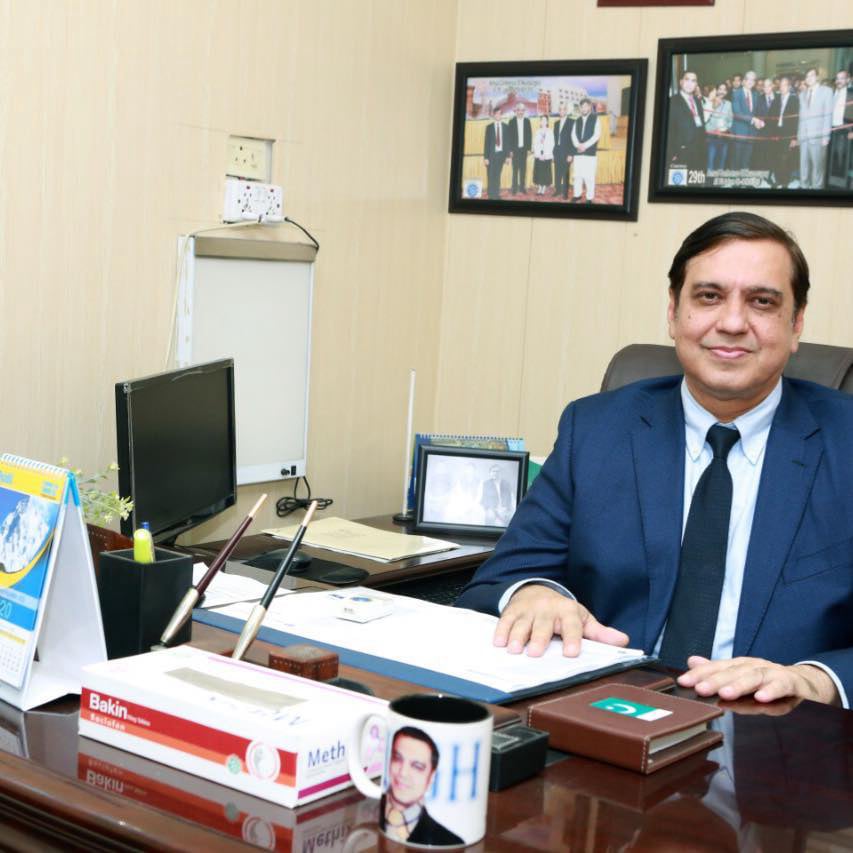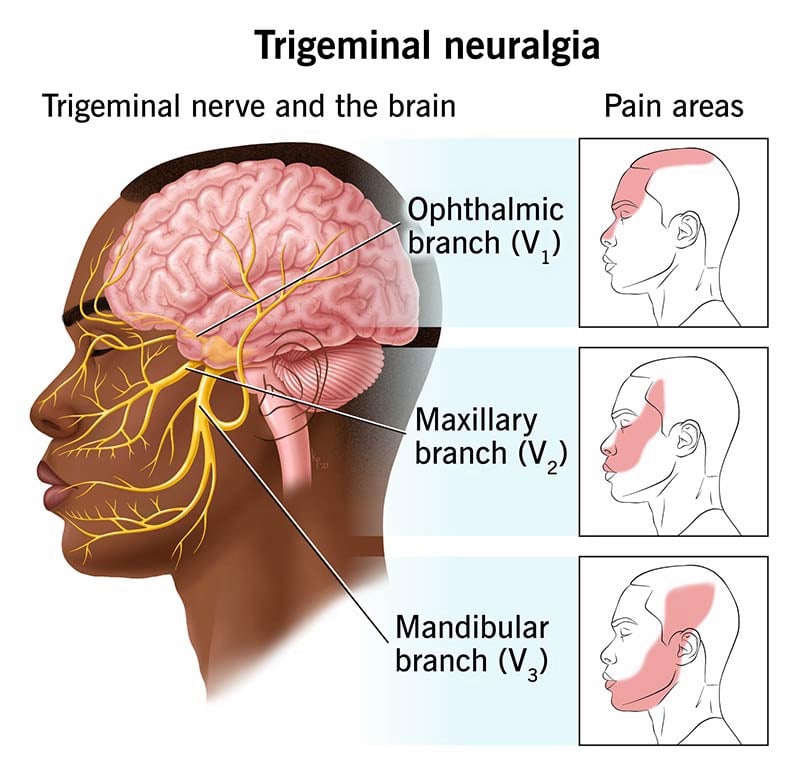
Prof Dr Khalid Mahmood
Prof Dr Khalid Mahmood is leading Neurosurgeon of Pakistan who got qualified and trained in UK for 8 years. He is FRCS Surgical Neurology Intercollegiate Board certified Neurosurgeon.
He has 32 year experience in Neurosurgery from world class Centers in United Kingdom to Lahore General Hospital and Punjab Institute of Neurosciences Lahore. Currently he is working as Consultant Neurosurgeon at Surgimed Hospital and Doctors Hospital Lahore.
He is The Most Qualified Facial Pain Relief and Neurosurgeon of Pakistan with ultimate Technical expertise, and one of the most well known surgeons of The Region.
He has special interest in treatment of Trigeminal Neuralgia without surgery using Radiofrequency Rhizotomy. He introduced this technique in Pakistan in 2010 and has to his credit nearly 700 Radiofrequency Rhizotomies done in Pakistan for Trigeminal Neuralgia facial Pain.
